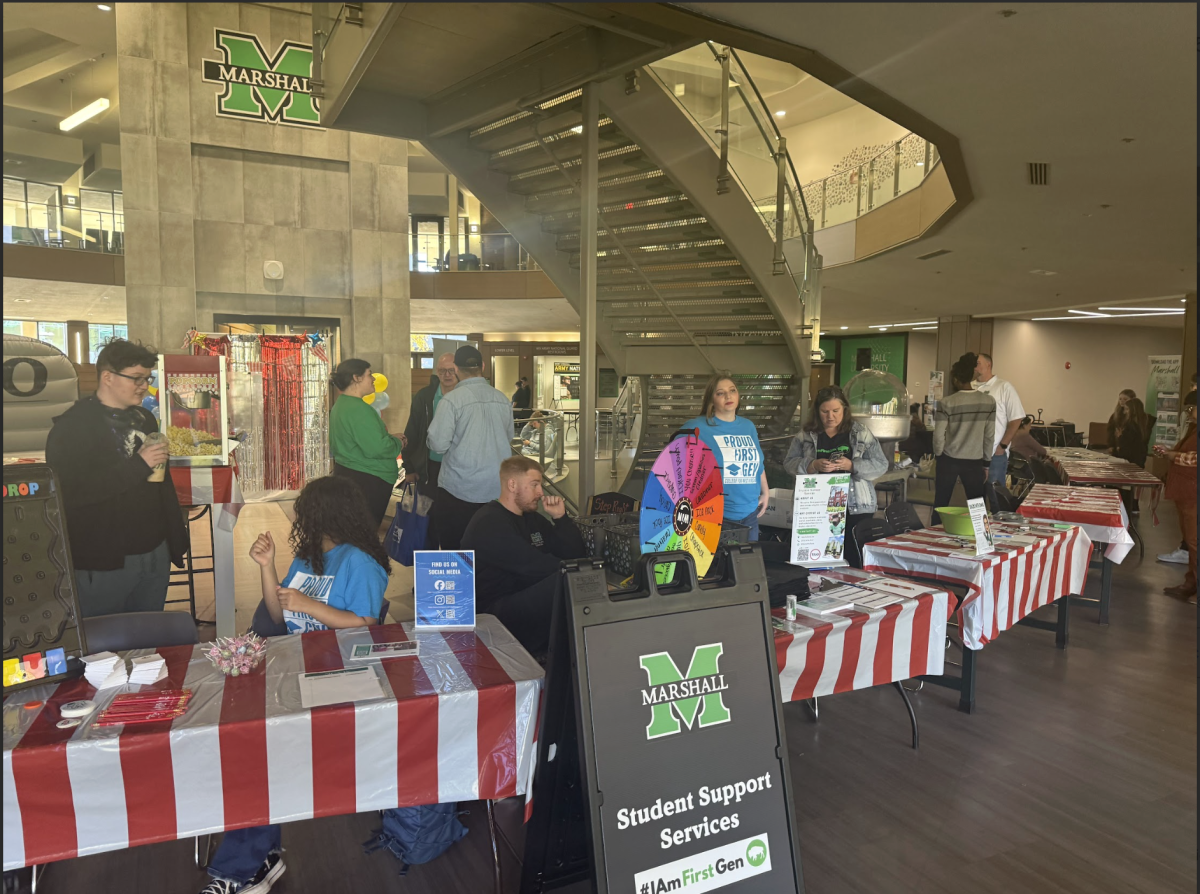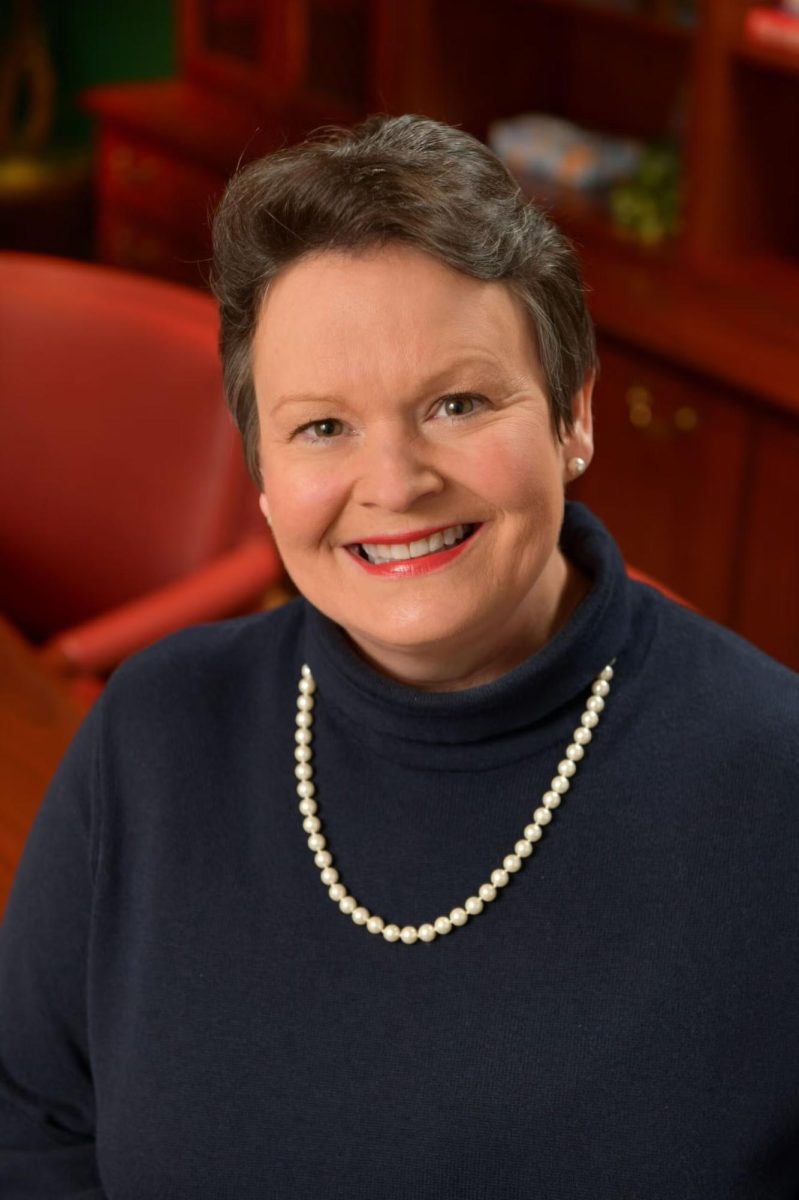Sigma Phi Epsilon, in collaboration with CARES, hosted an autism awareness event April 17 to raise awareness about the condition and combat recent misinformation surrounding it.
Taylor McClanahan, licensed graduate social worker with CARES, was the speaker at the event and discussed several key aspects of autism, including addressing certain misconceptions, educating on treatment methods, how the autism spectrum functions and how to help spread awareness.
McClanahan said despite common belief, autism is not a boy disease, but rather occurs more commonly in boys while also attributing a lack of diagnosis in girls to the way in which girls are commonly taught to act, which helps them better mask symptoms.
“It’s a myth that autism is a boy disorder,” McClanahan said. “It is true that it occurs four times more in boys than girls. About 1 in 36 children in the U.S. have autism. I want to pause again because a statement made yesterday was that there’s an autism epidemic. There’s not an autism epidemic.”
McClanahan said some of the diagnostic criteria for autism include social communication differences, restricted repetitive behaviors and sensory processing differences. She said they are not “red flags” but rather indicators of different ways of processing and interacting.
“So when I say the differences in social communications and interactions, that might be a slower speech, delayed speech, a limited speech or even the absence of speech, especially in our younger kiddos, a lot of indicators, we never say red flags because red flags indicate that something’s wrong,” McClanahan said.
Autism is also understood to have a genetic component that, in some cases, can impact the severity of the condition, McClanahan said.
“What your environment is really determines how, you know, how you present as a human,” McClanahan said. “And then genetics is a factor. So, just who you are genetically very much impacts whether you have autism, and in some cases, the severity of that autism.”
Jacob Walker, the vice president of Sigma Phi Epsilon’s learning communities, said his work with children with autism inspired him to raise awareness about the condition and help organize the event.
However, due to recent political statements and misconceptions about the condition, Walker said the event also helped to combat recent misinformation being spread.
“It kind of lined up in a way with after RFK Jr.’s press conference and what he stated, the incorrect facts about what autism is and such, that we were able to educate, you know, individuals about what autism is and what it isn’t,” Walker said.
Walker said there are many common misconceptions about autism, including that it’s caused by vaccines and the characteristics and communication methods of autism.
“The autism comes from vaccines myth, you know, that’s been passed down since, I think, since the ‘90s practically, and that’s never been true,” Walker said. “There are certain things that it’s like, what’s your superpower of autism? And in reality, that’s not something that every single person has. Or even the different, like, different types of stims, you know, there’s obviously common ones, you know, hand flapping, but also there’s vocal stims and things of that nature.”
Luke Campbell can be contacted at campbell405@marshall.edu.


















